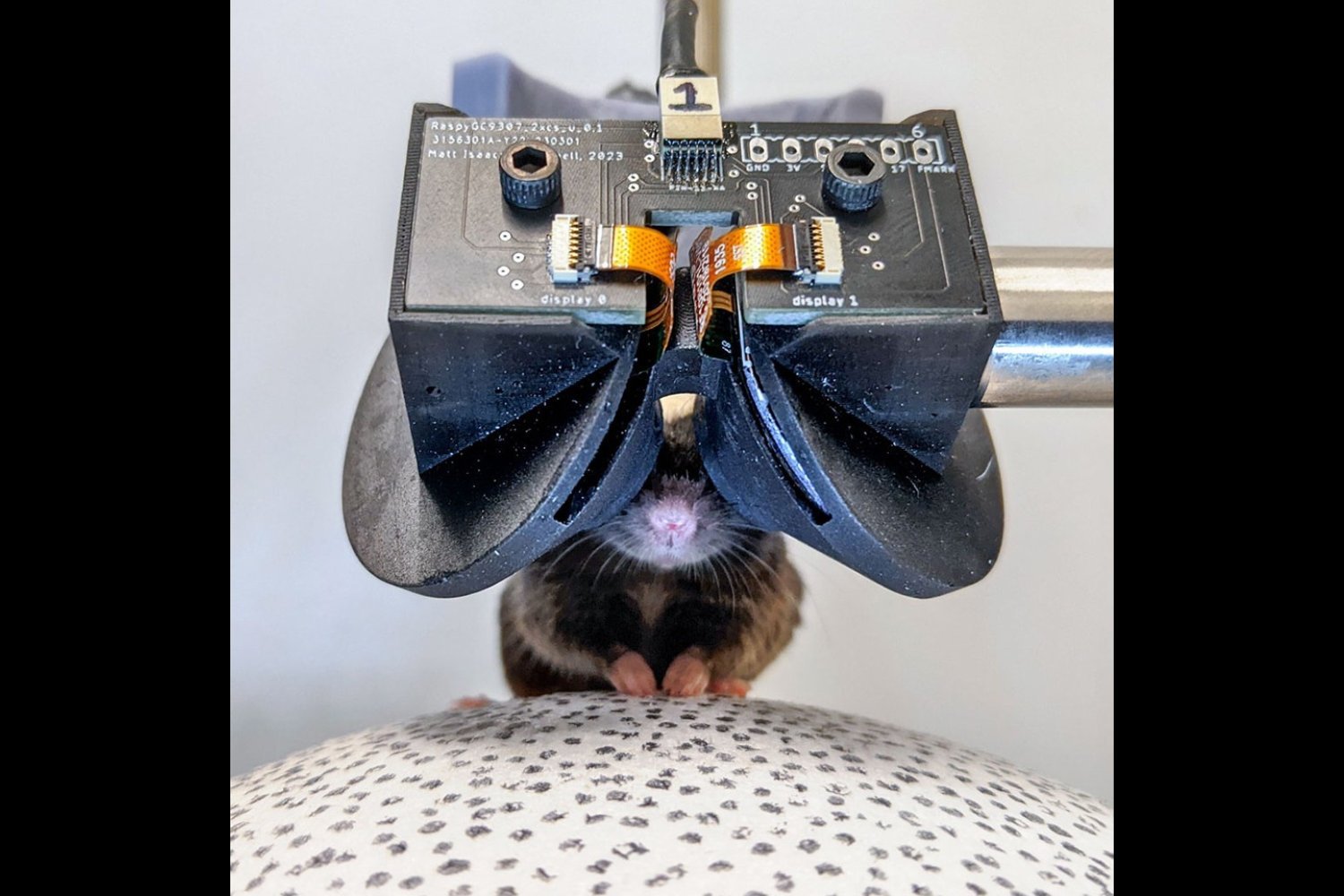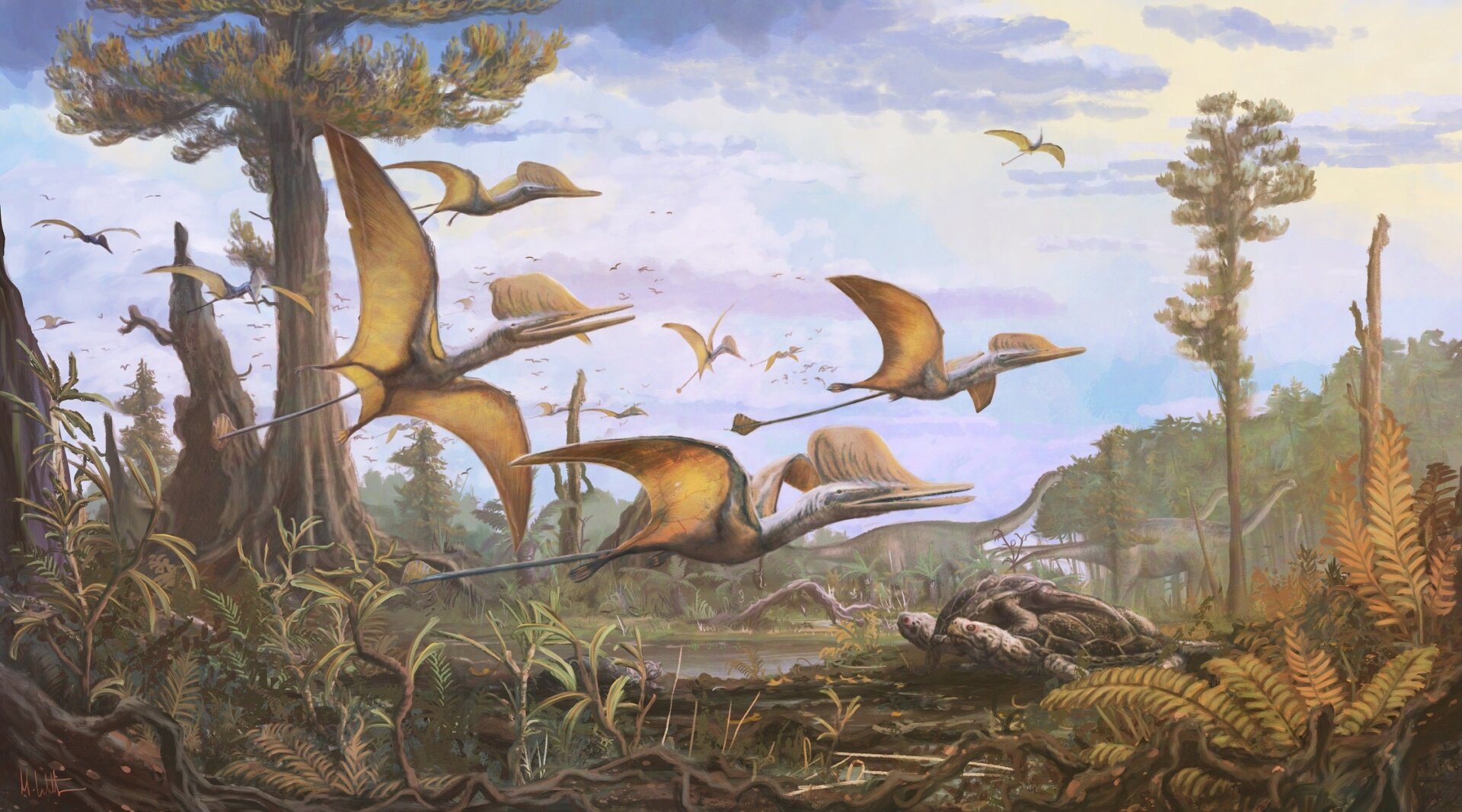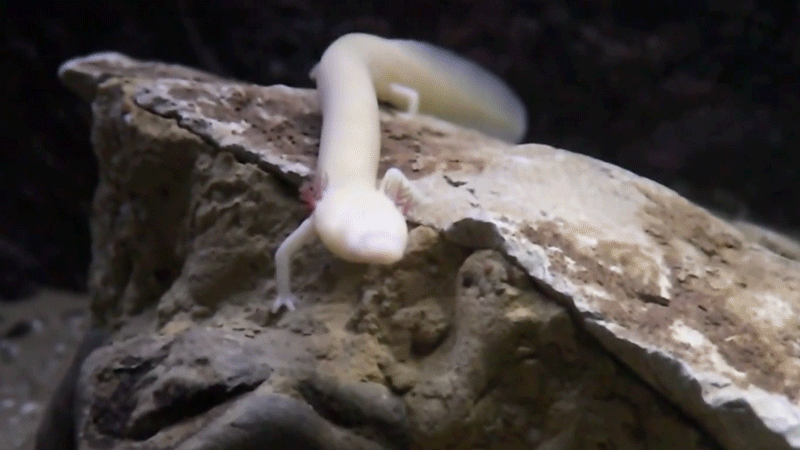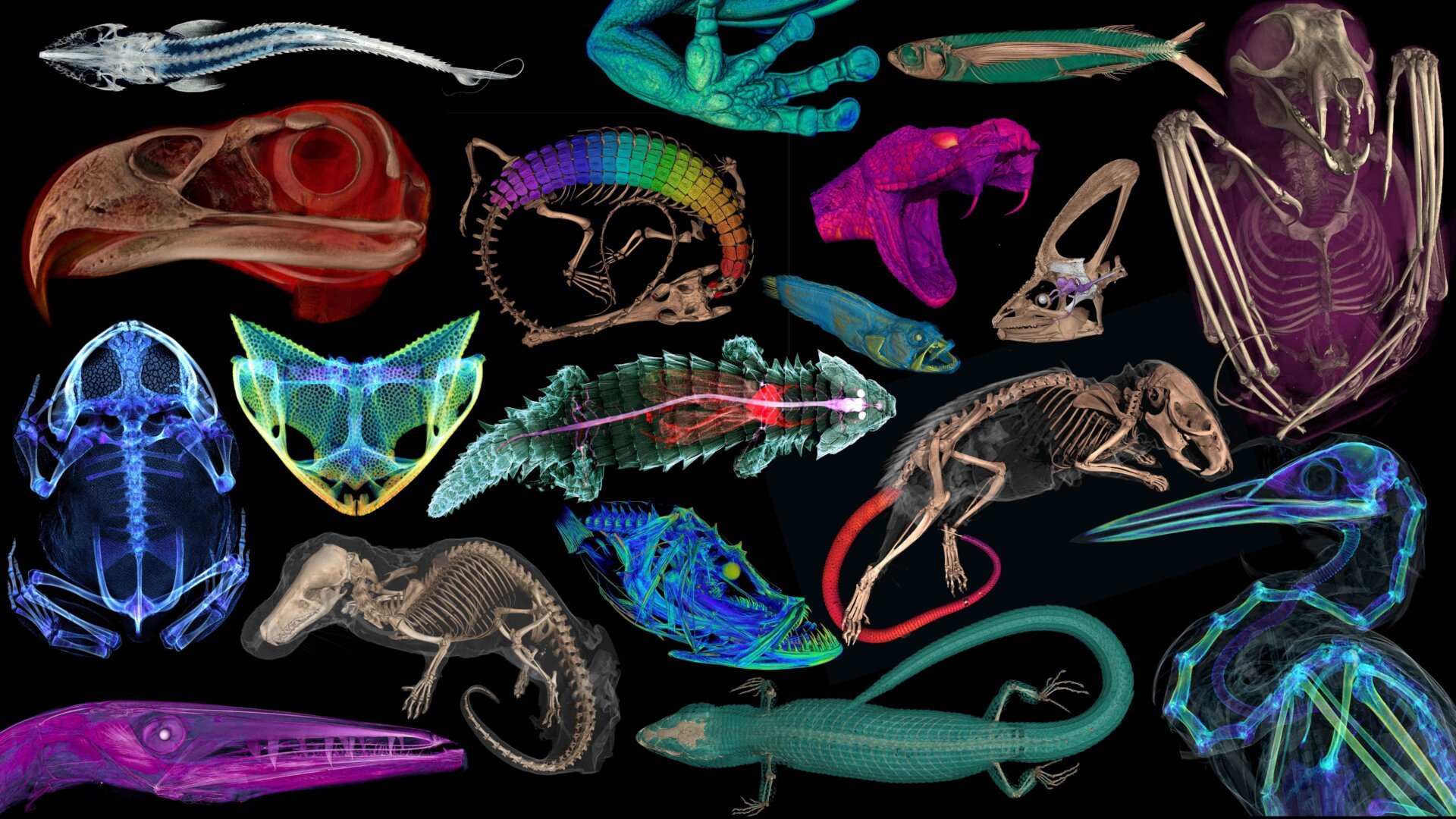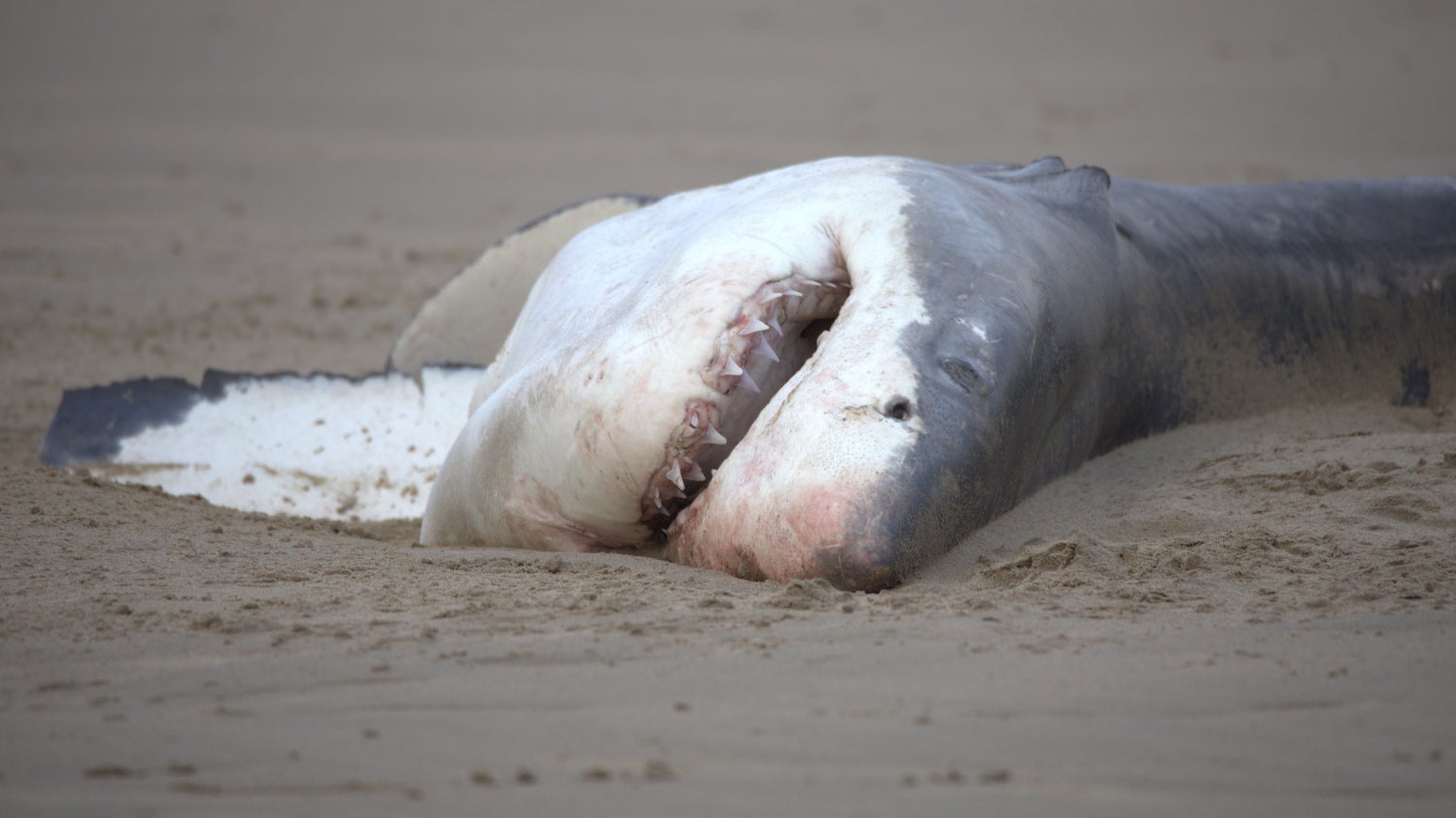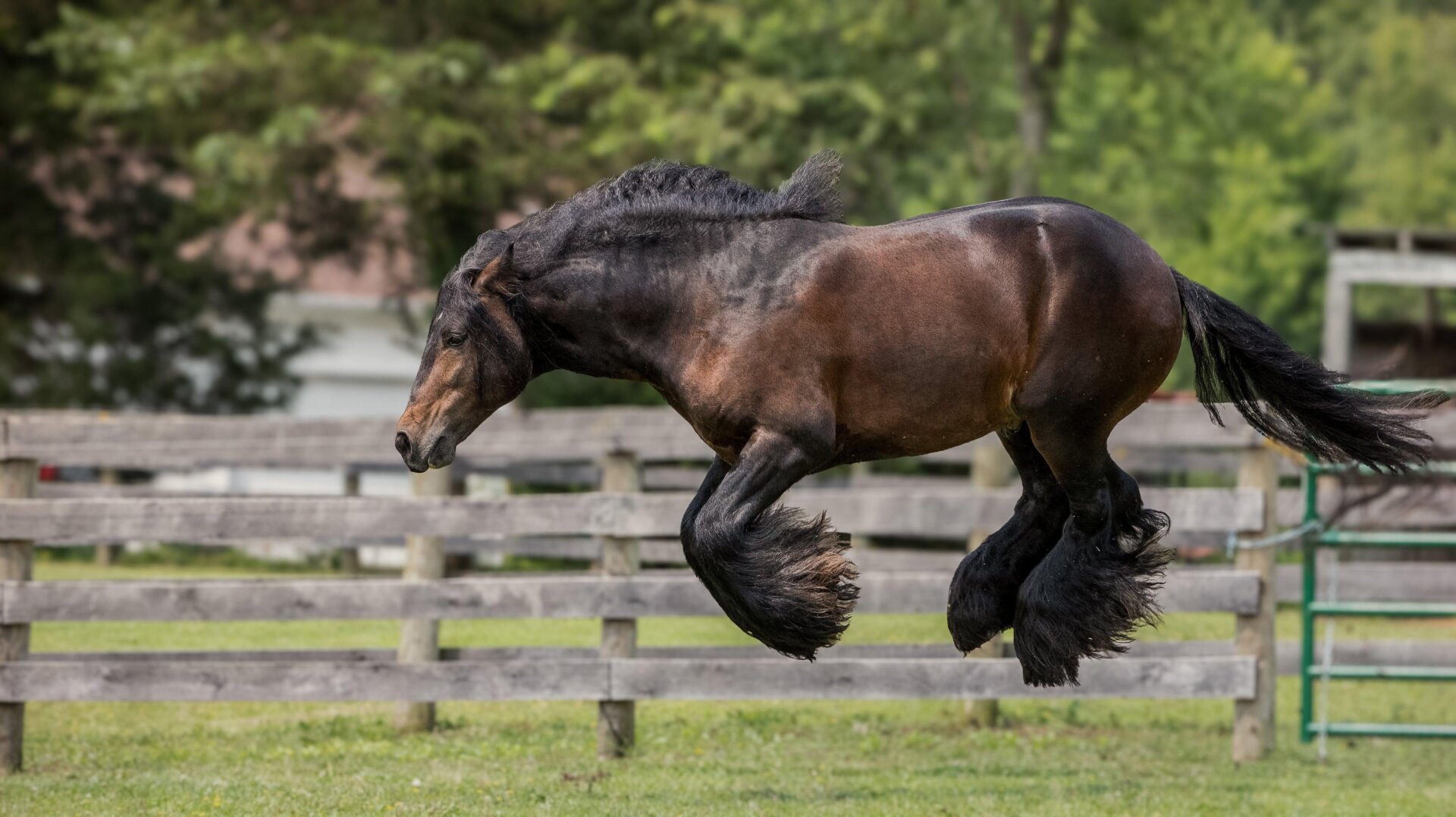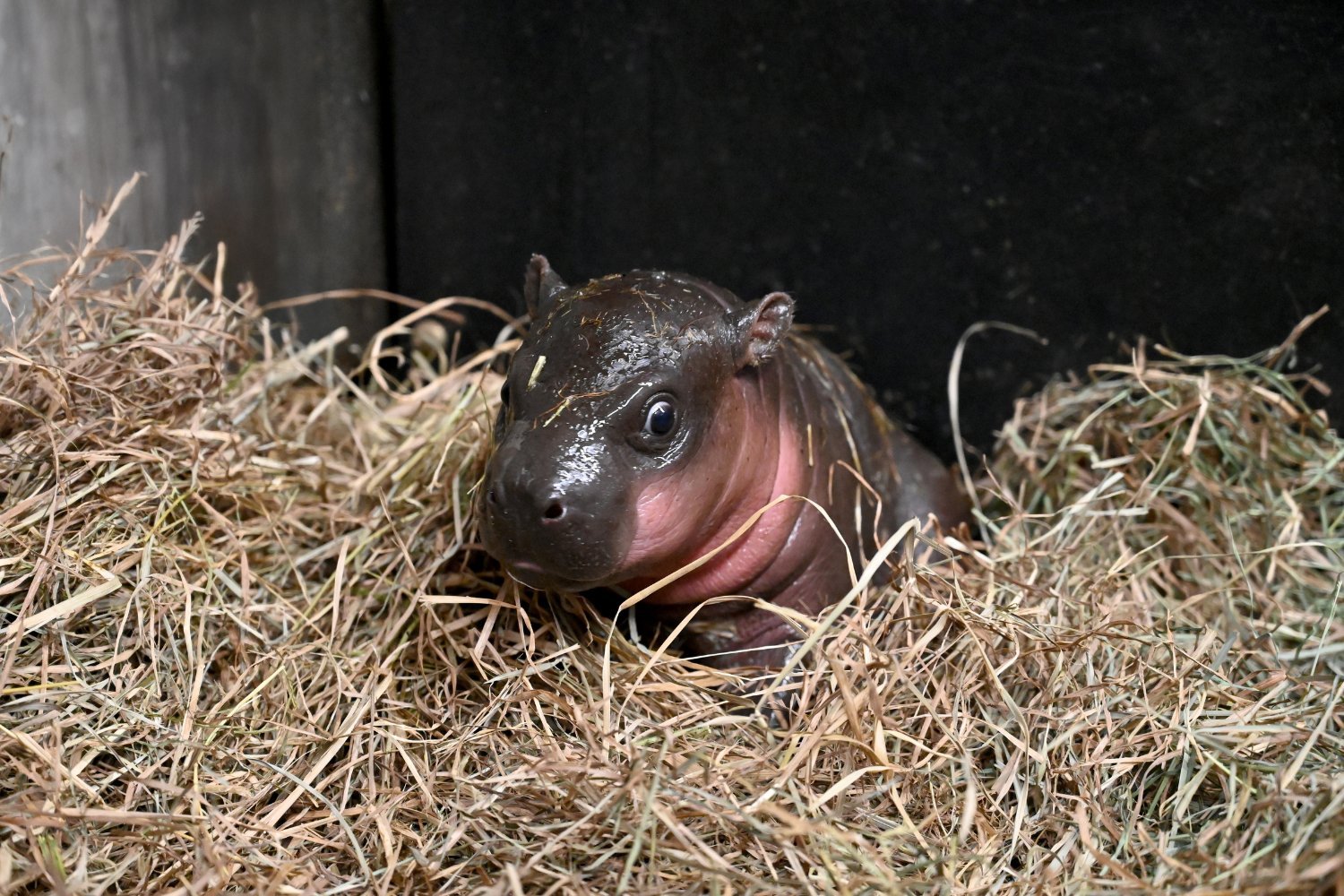The Vermont Agency of Agriculture, Food and Markets (VAAFM) confirmed a case of highly pathogenic avian influenza (HPAI) H5N1 in a backyard flock on December 18, 2023. This incident follows other recent reports of H5N1 infections in animals beyond commercial farms and wildlife, raising concerns about the spread of the virus.
One bird in the non-commercial flock died initially, prompting an investigation by the U.S. Department of Agriculture and state regulators. Tests confirmed the presence of the H5N1 strain, and subsequent deaths occurred within the flock of two dozen birds. While the specific types of birds were not disclosed, the VAAFM quarantined and euthanized the remaining flock to prevent further transmission.
This incident coincides with other concerning H5N1 detections. Oregon’s Agriculture Department linked the death of a house cat to H5N1 found in Northwest Naturals raw and frozen pet food. Earlier in December, a significant outbreak at a Washington state wildlife sanctuary resulted in the deaths of 20 big cats. These cases highlight the ongoing spread of H5N1 among various species, including poultry, cattle, cats, and even humans. However, the Vermont officials clarified that the H5N1 strain found in the backyard flock is not the same strain currently affecting dairy cattle in other states.
While the risk to human health from H5N1 is generally considered low, individuals who had contact with the infected birds or their environment are being monitored by the Vermont Department of Health. This is the fourth backyard flock case reported in Vermont in less than three years, emphasizing the importance of biosecurity measures. The VAAFM strongly encourages animal owners to implement appropriate biosecurity practices to protect their birds and cattle from H5N1.
The Centers for Disease Control and Prevention (CDC) reported 65 human cases of H5 bird flu in the U.S. as of December 24, 2023, primarily linked to dairy herds and poultry farms in California, Washington, and Colorado. The CDC also identified seven probable cases across several states. Most human infections have been mild, but the first severe case in the U.S. was confirmed earlier in December, linked to backyard poultry, not human-to-human transmission.
Although the current public health risk from bird flu remains low according to the CDC, precautions are still recommended. The CDC advises avoiding close contact with wild birds and infected animals and consuming only pasteurized milk products.




